While many feminists’ attention remains focused solely on gender identity, issues like access to clean air and water, adequate food and shelter, quality social assistance through health, education and welfare services remain central to good lives for women and children.
This is kind of the nature-nuture thing revisited. We are born with bodies that are very similar to other human bodies. Nevertheless, females are born with different reproductive systems from those of males. Within elements we share, we each have individual differences: our unique talents and weaknesses. The basis of all these things last for life, but our unique skills and failings can be improved or weakened to some extent by our experiences, choices, and individual efforts. And these will in turn impact on society and its arrangements such as those of our health system, which is a present under immense stress.
Kate Weatherly, a New Zealand transgender athlete in women’s downhill mountain biking, has spoken out against FINA’s (Fédération Internationale De Natation) new rules for trans inclusion in women’s events.
In a sense, Weatherly is right, there are bigger issues in women’s sport than the participation of a few transgender athletes.
In the New Zealand parliament last week there was a unanimous vote on a law change arising from a gender identity ideology which runs counter to, and cuts deeply into established knowledge that is foundational to all human societies across time – the knowledge that there are two sexes.
Colin Peacock – usually one of the most reliably discerning voices in New Zealand media – set sail last week on the stormy waters of the gender identity debate. After some curious navigational choices, the good ship Media Watch almost foundered on the dangerous reefs lying between the Scylla of confirmation bias, and the Charybdis of ideological forelock tugging.
We are pleased to hear New Zealand Department of Corrections state – after RNZ’s exposures of examples of grossly unacceptable practices in New Zealand’s prisons – that it aims to be a “world-leading centre of excellence for the management and care of women prisoners”. We trust that aim applies with equal force to all who are in prison.
On October 22, feminist writer Renee Gerlich finished publishing her seven volume Brief, Complete Herstory series, a female centred, colour illustrated history of the world from the Big Bang to the present day. If you have ever wanted a succinct, digestible overview of history, here it is!
In keeping with the natural evolution of viruses, Covid-19 has continually mutated, and this leads to ongoing uncertainties and inequalities. The research so far is highlighting that in this pandemic both biological sex differences, and socially constructed, gendered behaviours are significant factors that need to be clearly separated in much of the research.
Some of us have been worrying for years about the long term, adverse effects of what has become known as the Dutch Protocol. Abigail Shrier’s article about two prominent American advocates of the protocol who are stepping back from it, is timely in New Zealand given two pieces of legislation, currently in Select Committee, may well result in an increase in its application here.
The Multigendered are the living embodiment of the oppression intersection, and governments must ensure that we are able to manage the flow of traffic through our own complex, and shifting, gender intersections.
Contact Us
womensliberationaotearoa@gmail.com
Please email us with essays you’d like published or anything else you’d like to bring to our attention.
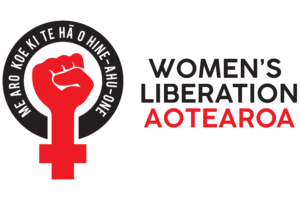


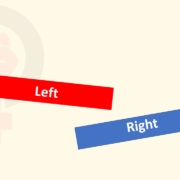 WLA
WLA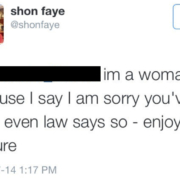
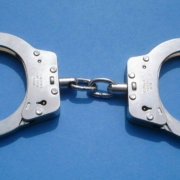
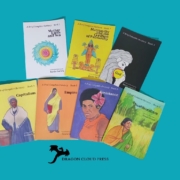
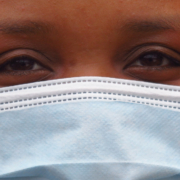 Creative Commons Non-Commerical use. Credit Creator CC BY-NC 2.0
Creative Commons Non-Commerical use. Credit Creator CC BY-NC 2.0 
